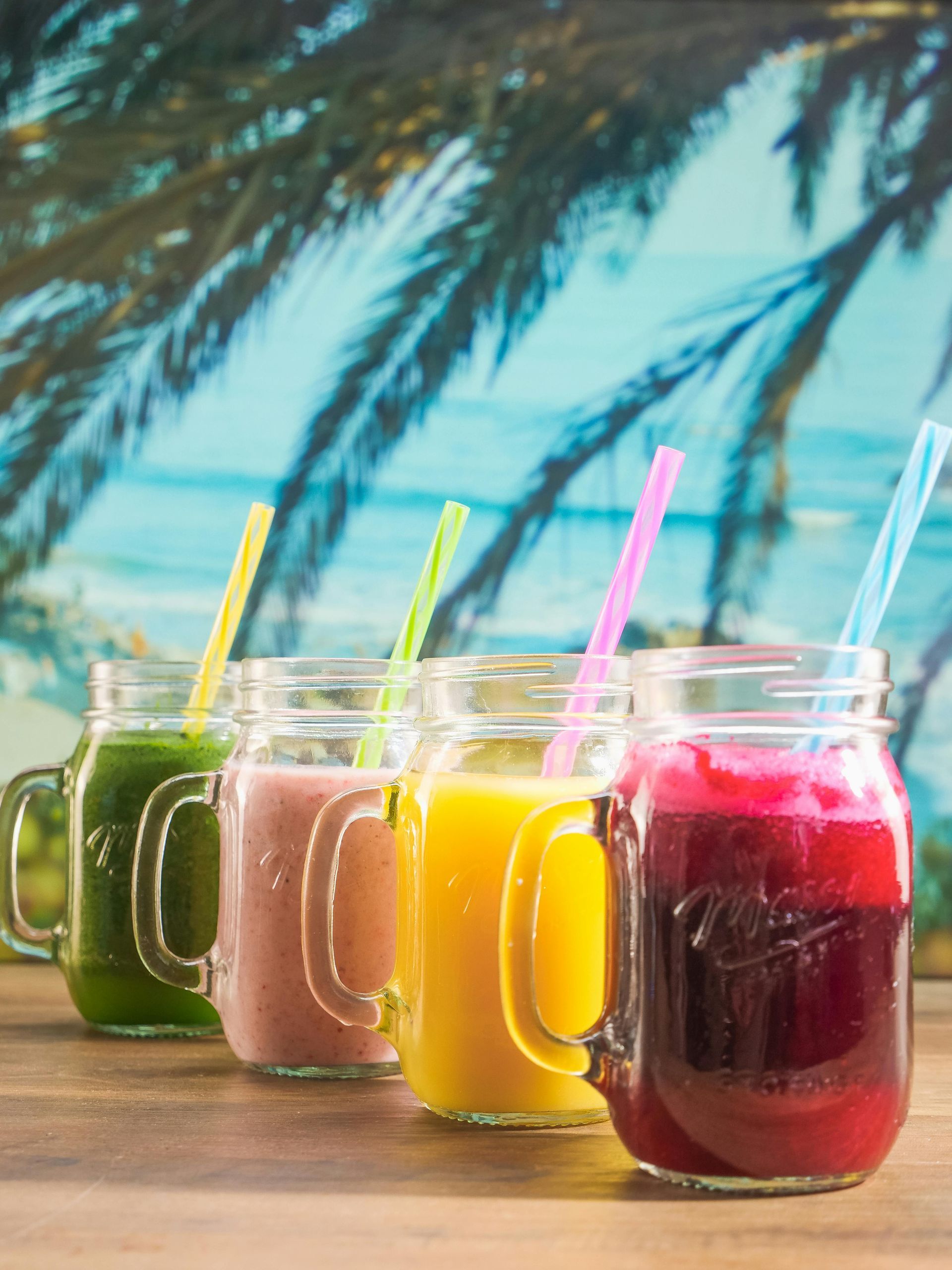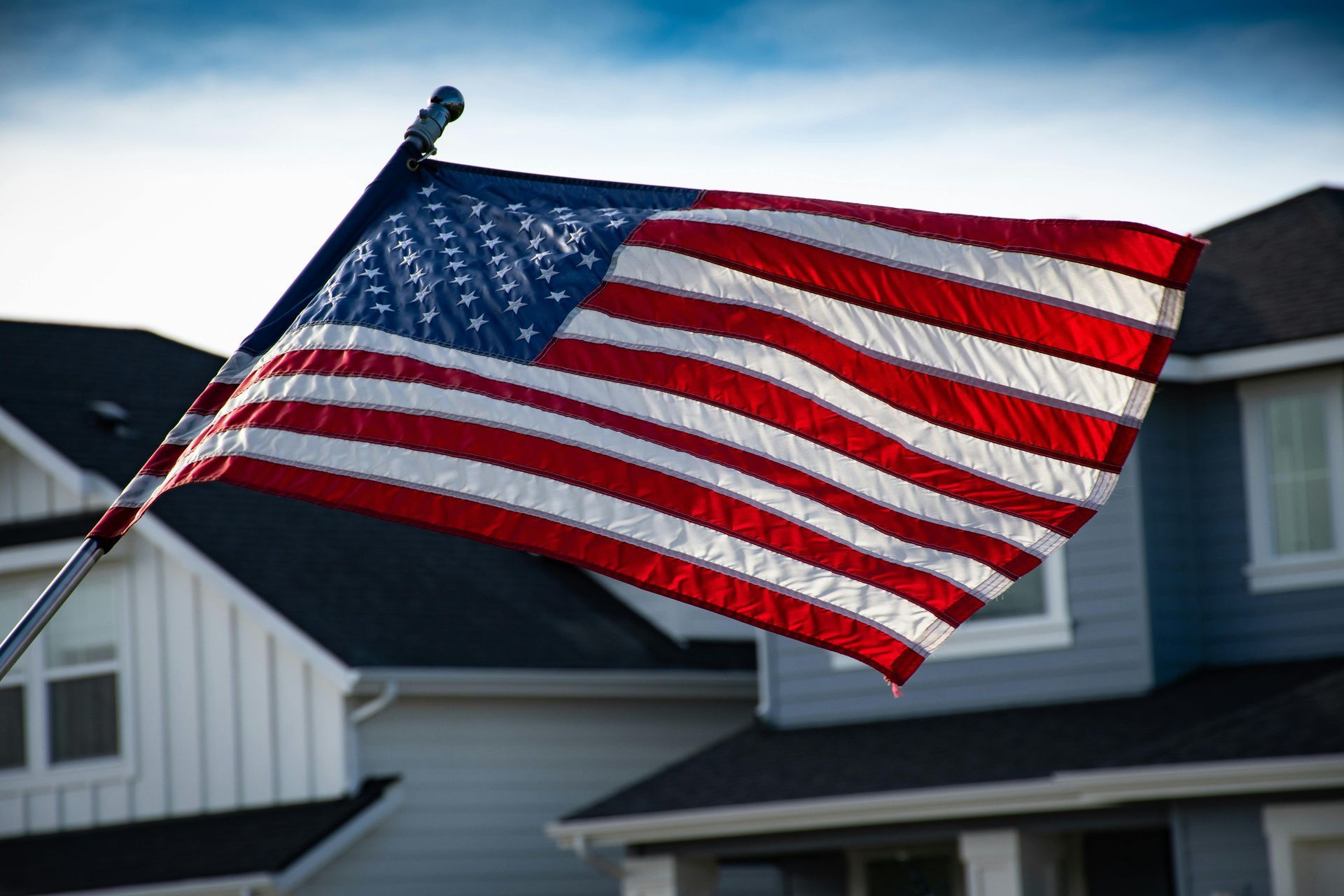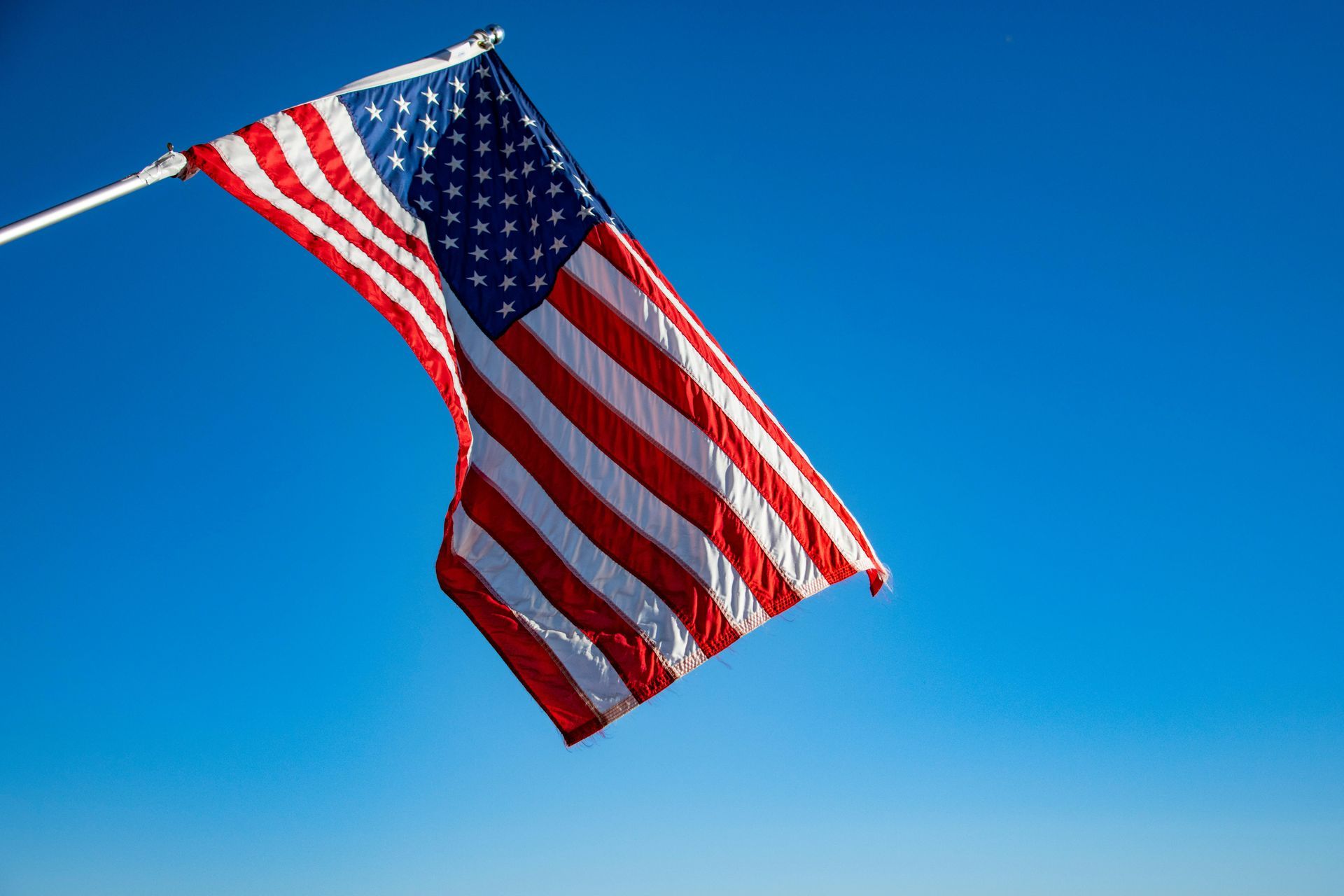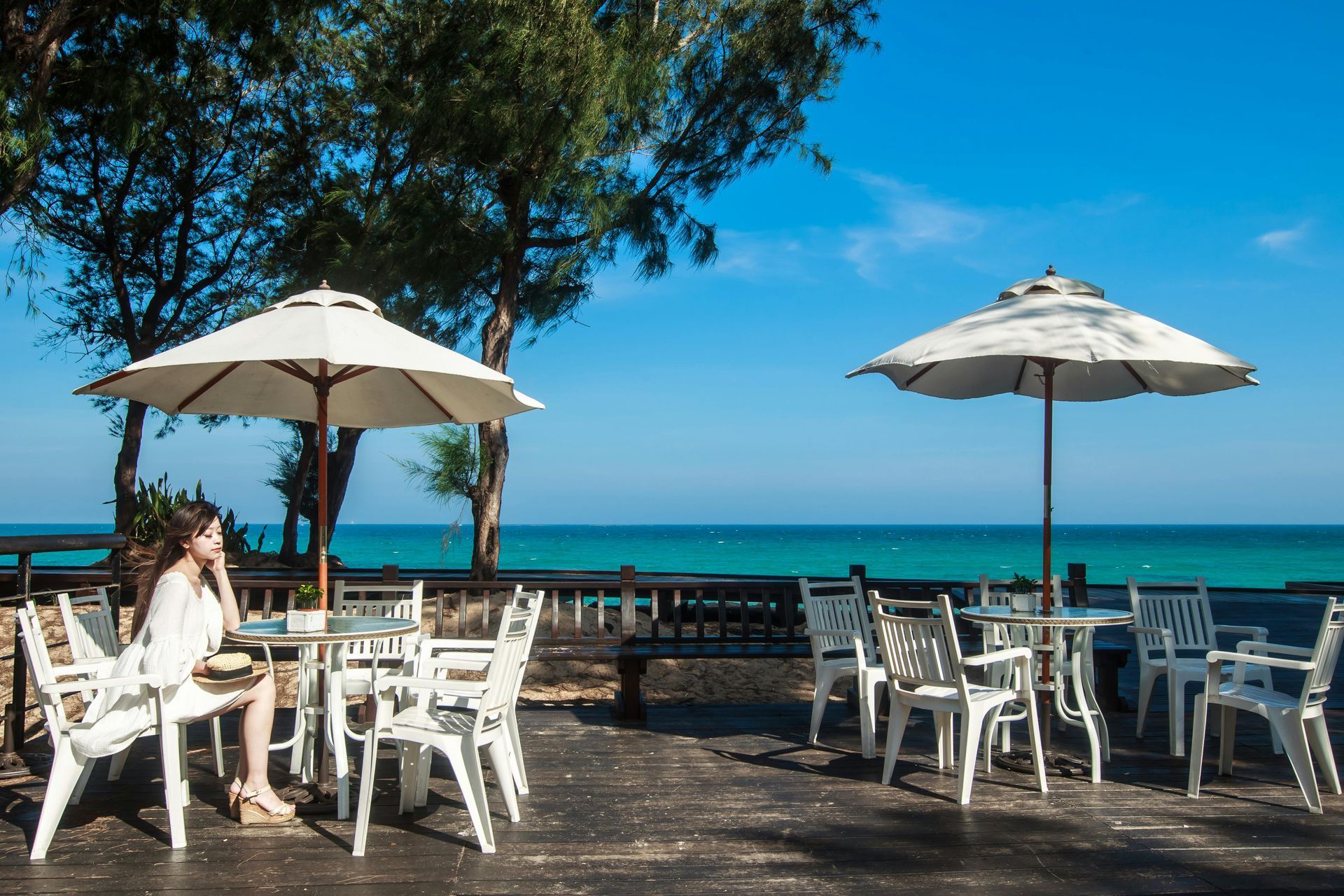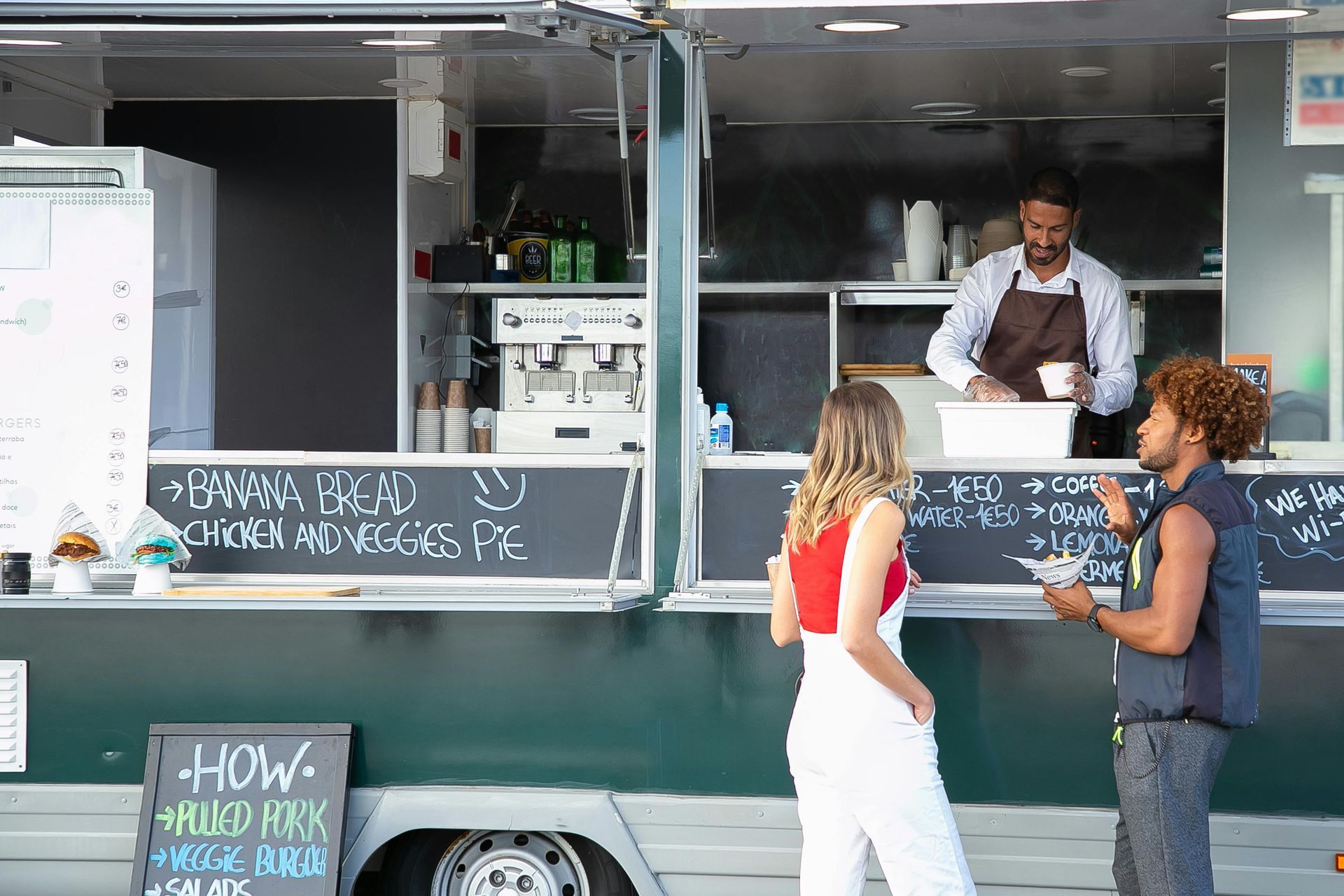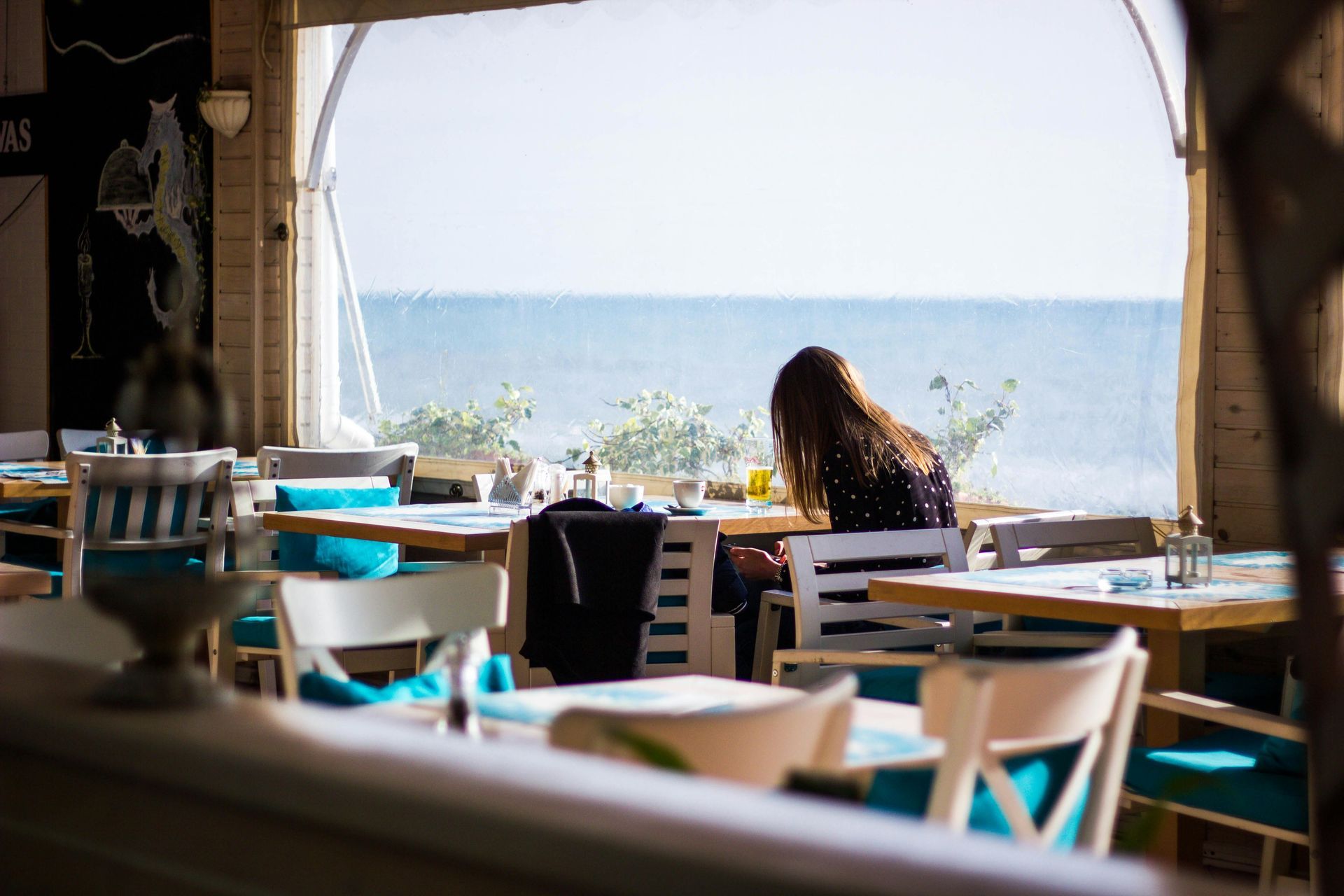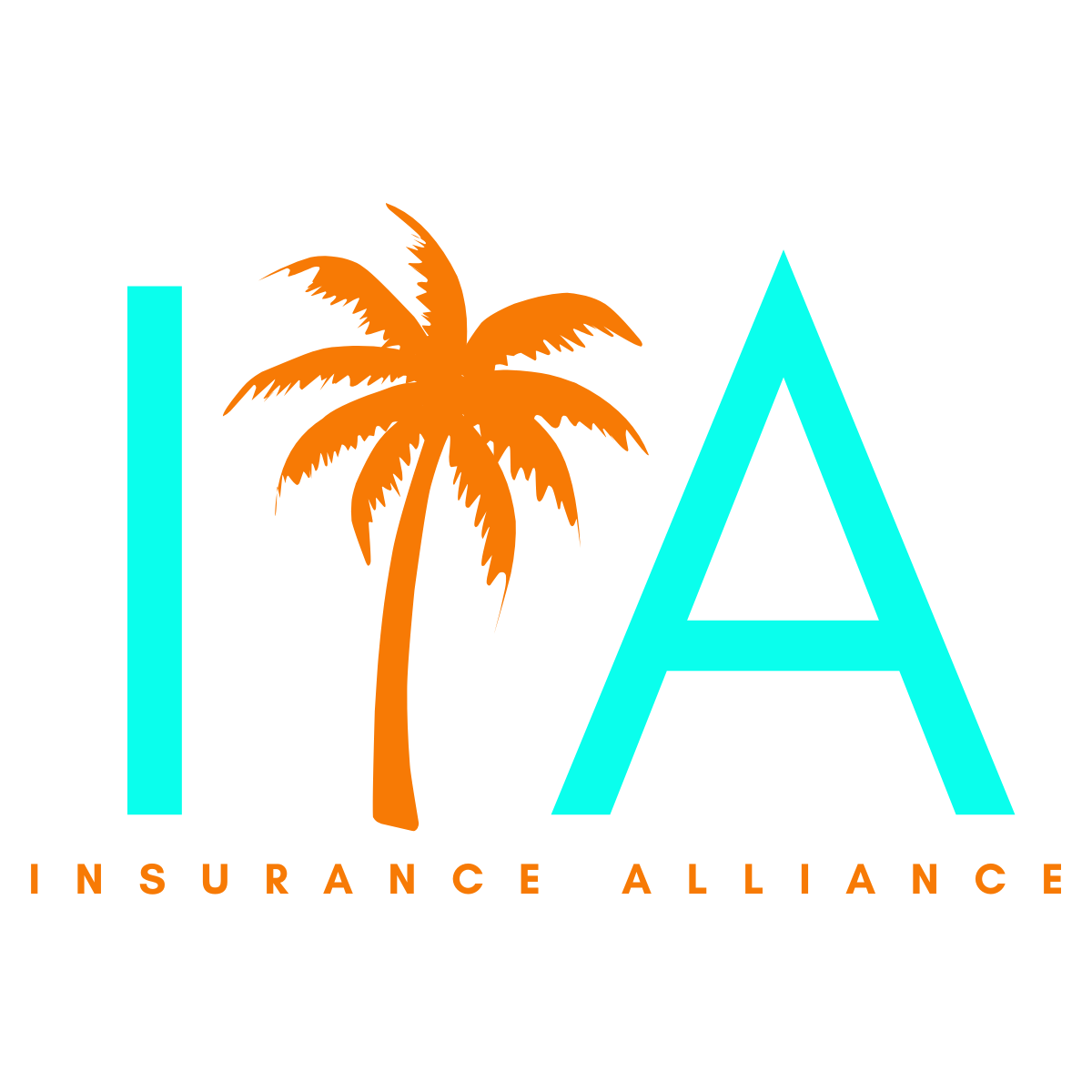July 4, 2025
As the 4th of July draws near, the excitement in the air is palpable across Central Florida. People are gearing up for fireworks, barbecues, and family gatherings. Yet, beyond the parades and parties, there’s a deeper reflection this holiday offers: what does it truly mean to live in a free country , and why does Florida stand out as one of the freest states in the nation? This Independence Day, let’s take a moment to reflect on what freedom means to us—not just as Americans, but also as residents of one of the most liberty-centered states in the U.S. As we celebrate our nation’s birth, let’s remember why we are so fortunate to live in a country that champions personal liberty and why Florida offers such a distinctive flavor of that freedom. America: A Nation Built on the Foundation of Freedom The 4th of July marks the birth of a nation founded on the idea of freedom—the notion that all men and women have the right to life, liberty, and the pursuit of happiness. The Declaration of Independence, signed on this day in 1776, set into motion a new world order: one in which individuals could chart their own destinies, free from the tyranny of an overreaching government. What It Means to Live in a Free Country To live in a free country like the United States is to enjoy rights and opportunities that are the envy of much of the world. Here, you are empowered to: Speak Your Mind : We enjoy the freedom of expression—whether through art, media, social activism, or casual conversation. In America, people have the liberty to speak out without fear of government retribution. Worship as You Choose : Freedom of religion allows us to practice our faith openly, or to not practice a faith at all, without persecution. Live Where You Choose : From bustling cities to tranquil rural areas, Americans have the freedom to choose their environment, lifestyle, and community. Pursue Your Dreams : Whether you want to start a business, change careers, or make a bold move, the United States offers countless opportunities for personal growth and success. It’s a country that values hard work and offers the chance for all citizens to rise to their potential. America’s founding principles are what set it apart on the global stage: freedom, opportunity, and the protection of individual rights. And this freedom is something we should never take for granted. Florida: One of the Freest States in the Nation While all states in the U.S. are built upon the foundation of freedom, Florida stands out as one of the freest states in the country. Florida offers an environment that is uniquely supportive of individual liberty, personal rights, and economic freedom. As a resident of Central Florida, you have a front-row seat to one of the most freedom-driven states in America. What Makes Florida So Free? Florida’s commitment to freedom is rooted in its values and its policies, which allow individuals the liberty to live life on their own terms. Here are just a few reasons why Florida stands as one of the freest states in the nation: Economic Freedom : Florida is one of the most business-friendly states in the U.S., largely due to its no state income tax policy. This means residents get to keep more of their earnings, and businesses thrive with fewer restrictions. Entrepreneurs flock to Florida for the opportunity to build their businesses in a state that prioritizes personal financial freedom. Lower Taxes and Fewer Regulations : Florida keeps taxes low and regulations minimal, which empowers both individuals and businesses to thrive. Whether you’re a homeowner, a small business owner, or an investor, the state’s policies give you the freedom to control your financial future. Personal Liberty : Florida has consistently championed personal freedom in areas like gun ownership, property rights, and freedom of speech. This commitment to individual rights ensures that Floridians can live their lives as they see fit, without unnecessary government interference. A Diverse and Open-Minded Population : Florida has long been a melting pot of cultures, races, and ideologies. This diversity fosters an atmosphere of tolerance, respect, and freedom of expression. Whether you live in the multicultural buzz of Miami or the quieter communities of Central Florida, the state’s residents share a common belief in the importance of individual freedom. Freedom of Movement : Florida’s natural beauty and endless opportunities for recreation give residents the freedom to live an active, outdoor lifestyle. Whether it’s enjoying a day at the beach, hiking in a state park, or boating on one of the state’s many lakes and rivers, Floridians can enjoy an unparalleled lifestyle of freedom and adventure. Living Free in Central Florida Central Florida is a microcosm of the freedoms that the state of Florida and the United States provide. Here, in places like Orlando, Winter Park, or Kissimmee, you’ll find a diverse mix of cultures, backgrounds, and dreams. The freedom to live your life as you see fit is evident everywhere you look—from the booming tourist industry that provides economic freedom to thousands, to the endless opportunities for recreation and exploration in the area’s parks and lakes. What Does It Mean to Live Free in Central Florida? The Freedom to Pursue Your Dreams : Central Florida’s thriving economy offers residents the opportunity to build businesses, work in diverse industries, and chase their ambitions. The region’s growth in tech, healthcare, and entertainment has made it a hub for innovation and creativity. The Freedom to Enjoy Nature : Central Florida offers easy access to some of the most beautiful natural landscapes in the state. Whether you’re out on the water in a kayak, watching a sunset over the Gulf Coast, or hiking through the wilderness of Wekiwa Springs State Park, living here gives you the freedom to reconnect with nature. The Freedom to Be Yourself : The community in Central Florida is inclusive, open-minded, and diverse. Residents are free to express their individuality, whether through cultural celebrations, art, or activism. The Freedom to Participate : Florida is known for its open, competitive political system where residents are encouraged to vote, run for office, and speak out on issues that matter to them. Central Floridians are free to be involved in local governance and shape the future of their communities. Why Celebrate Freedom on the 4th of July? The 4th of July is not just a day for fireworks and barbecues—it’s an opportunity to reflect on the unique freedoms we enjoy as Americans and Floridians. Here in Central Florida, we are especially fortunate to live in one of the freest regions of one of the freest states in the nation. This Independence Day, let’s take a moment to truly appreciate the freedoms we often take for granted. From the liberty to speak our minds, to the ability to live where we choose, to the chance to build a future on our own terms, freedom is the thread that ties us all together. How Can We Honor Our Freedom on the 4th of July? Here are a few ways to celebrate and honor the freedoms that make America and Florida so special: Celebrate Your Community : Spend time with friends and family, and celebrate the diversity and liberty that make Central Florida unique. Support Local Freedom : Support small businesses and entrepreneurs who help create economic freedom in your community. Reflect on the Past : Learn about the history of the United States and Florida, and how we’ve come to enjoy the freedoms we hold dear today. Get Involved : Whether it’s voting, volunteering, or advocating for what you believe in, participate in your community and use your freedom to make a positive impact. Conclusion Living in a free country like the United States is a privilege, and living in one of the freest states—Florida—is a blessing. As we celebrate the 4th of July, let’s remember why freedom is worth cherishing, defending, and celebrating. In both America and Florida, we have the liberty to chart our own paths, build our own futures, and live our lives according to our own values. So, as the fireworks light up the night sky and the sounds of celebration fill the air, take a moment to appreciate the freedom you have. Freedom isn’t just something we inherit—it’s something we live, protect, and celebrate every day. Happy 4th of July, Florida! 🇺🇸🎇🎉
